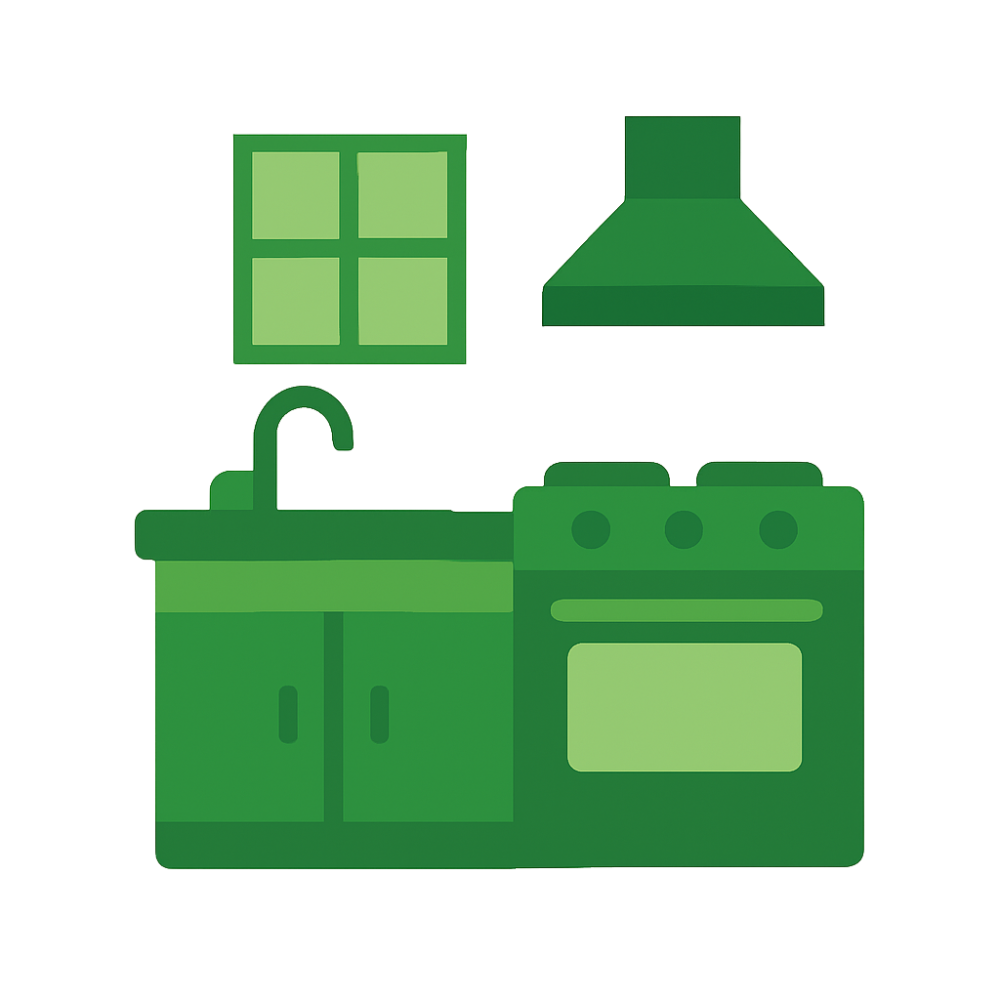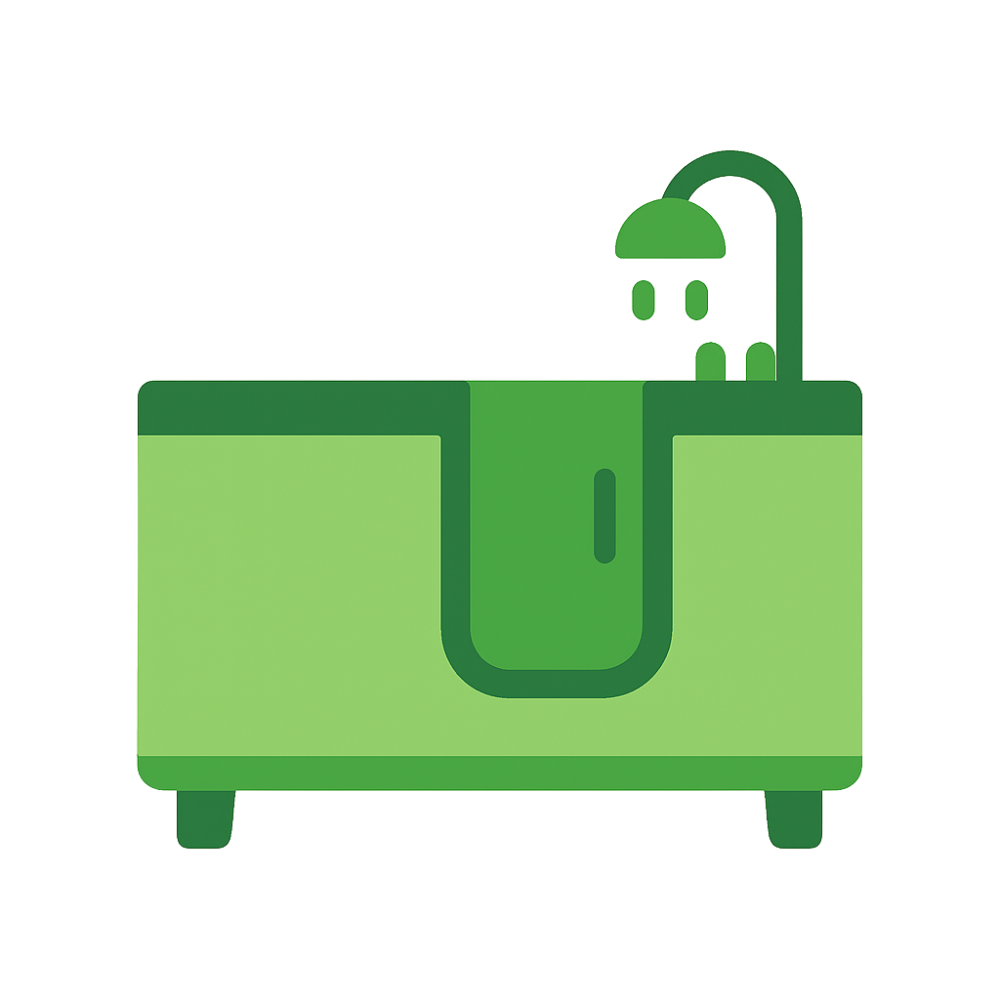Your HVAC system is essential to keeping your home comfortable through every season. But just like any appliance, it has a lifespan — and waiting too long to replace it can lead to higher energy bills, frequent repairs, and even system failure when you need it most.
In this guide, you’ll learn how long each HVAC component typically lasts, signs it’s time for a replacement, and how to plan ahead for an efficient, stress-free upgrade.
⏳ How Long Does an HVAC System Last?
Every part of your HVAC system wears out over time. Here’s what you can expect for the average lifespan:
Air Conditioners & Heat Pumps: 10–20 years
➤ Older systems become less efficient after 10 years
➤ Replacing outdated units can reduce energy use by up to 20% (ENERGY STAR)Furnaces:
➤ Gas furnaces: 15–20 years
➤ Electric furnaces: 20–30 yearsDuctwork: 10–15 years
➤ Aging or damaged ducts can waste energy and reduce air quality — even if your system is new
⚠️ 6 Common Signs You Need a New HVAC System
Is your system still working, but something feels off? Here are warning signs it may be time to replace it:
1. Higher Energy Bills
If your usage hasn’t changed but your bills are climbing, your system may be overworking to deliver the same output.
2. Frequent Repairs
If repairs are becoming a regular expense, it’s often cheaper long-term to invest in a replacement.
3. Uneven Heating or Cooling
Cold spots, humidity issues, and poor airflow can all point to a system that’s struggling.
4. Strange Noises or Odors
Banging, hissing, burning smells, or musty odors can signal mechanical issues or mold inside the system.
5. Outdated Refrigerant (R-22)
If your AC still uses R-22 (phased out in 2020), replacement is required to meet current environmental standards.
6. Unavailable Replacement Parts
When manufacturers stop making parts for older units, full replacement is often the only option.
💡 When to Replace Specific HVAC Components
🌀 Air Conditioner
Lifespan: 10–20 years
Replace if: Unit was installed before 2010, struggles during hot weather, or needs constant repairs
Shortens lifespan: Harsh climates, poor air quality, improper installation, lack of maintenance
🔥 Furnace
Gas furnace: 15–20 years
Electric furnace: 20–30 years
Replace if: Heat exchanger is cracked, repairs exceed $3,000, or heating is uneven
🌡️ Heat Pump
Lifespan: 10–20 years
Replace if: It’s noisy, inefficient, or frequently breaking down
➤ Note: In colder climates, heat pumps may wear out faster due to heavier use
🛠️ Ductwork
Even brand-new HVAC units won’t perform well if ducts are leaking or outdated
Replace if:
Ducts are more than 10–15 years old
You notice poor airflow, rust, mold, or musty smells
There are visible holes or insulation issues
✅ Should You Replace Before It Fails?
Absolutely. Replacing your HVAC system before it fully breaks down gives you:
💵 Lower energy bills with a more efficient unit
🔧 Fewer emergency repairs in extreme weather
🌬️ Improved air quality and comfort
🔒 Peace of mind knowing your system won’t fail when you need it most
Pro Tip: If your HVAC system is over 10 years old and showing even minor issues, start exploring your options now—before you’re stuck without heating or cooling.
🚀 Plan Your HVAC Upgrade the Smart Way
Here’s how to take control and avoid last-minute stress:
Schedule a professional inspection
Compare energy-efficient models
Request multiple quotes from local contractors
Ask about rebates, financing, or off-season deals
Replace before the next heatwave or cold snap
💬 Ready to Replace Your HVAC System?
Replacing your HVAC system doesn’t have to be overwhelming. With proper timing and planning, it’s a smart investment that improves comfort, lowers energy costs, and protects your home year-round.
📞 Get started today by requesting quotes from trusted local HVAC pros.

























